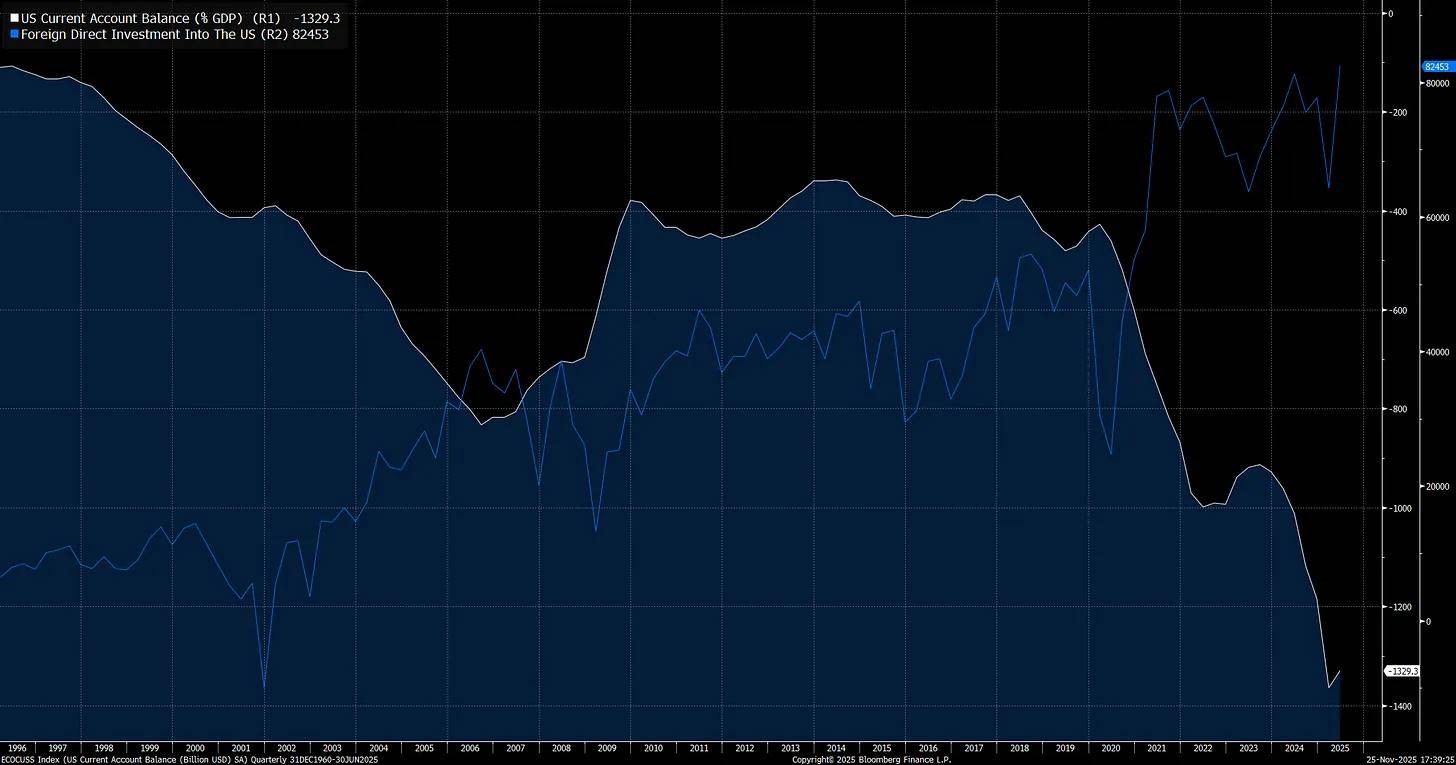Japan Post's Strategic Share Sales: A Privatization Play with Long-Term Shareholder Value Implications
- Japan Post Holdings is strategically divesting stakes in subsidiaries like Japan Post Bank and Insurance to enhance governance, operational flexibility, and capital efficiency under its JP Vision 2025 roadmap. - Reducing ownership below 50% in subsidiaries like Japan Post Bank (7182.T) has boosted transparency and autonomy, aligning with Japan’s corporate governance reforms to attract diverse shareholders. - Operational agility is evident in Japan Post Bank’s digital transformation, exemplified by the Yu
Japan Post Holdings , the sprawling financial and postal services giant, has embarked on a transformative journey to reshape its corporate identity. By systematically divesting stakes in subsidiaries like Japan Post Bank (7182.T) and Japan Post Insurance (7181.T), the company is not merely complying with regulatory mandates—it is redefining its role in Japan's evolving privatization landscape. These moves, part of its JP Vision 2025 roadmap, are unlocking operational flexibility, enhancing governance, and boosting capital efficiency, positioning the parent company as a compelling long-term investment.
Corporate Governance: From State Control to Market Accountability
For decades, Japan Post Holdings operated as a quasi-state entity, with its subsidiaries functioning under the shadow of government oversight. The recent share sales—most notably the ¥592 billion ($4 billion) offering in Japan Post Bank—have slashed the parent company's voting rights in its subsidiaries below 50%, a critical threshold for operational independence. This shift aligns with Japan's broader corporate governance reforms, which emphasize reducing “parent-child” listings and boosting free-float ratios to attract diverse shareholder bases.
Japan Post Bank, for instance, has established a voluntary Risk Committee chaired by Kenzo Yamamoto, an independent director with deep financial expertise. This committee reviews investment policies and ensures portfolio stability, a move that signals a commitment to transparency and accountability. Similarly, Japan Post Insurance, which already reduced its parent's stake to 49.9% via a 2021 share buyback, is now governed by a board that can act autonomously, free from bureaucratic inertia.
Operational Flexibility: From Compliance to Competitiveness
The reduction in ownership stakes has granted subsidiaries the freedom to pursue aggressive growth strategies. Japan Post Bank, for example, has shifted from a shareholder approval system to a notification system for new business ventures, enabling faster decision-making. Its three-core-business strategy—Retail, Market, and Σ (Sigma)—focuses on digital transformation, portfolio optimization, and regional revitalization. The Yucho Bankbook App, now with 13.59 million registered users, exemplifies this pivot, blending convenience with the bank's vast physical network of 20,000 post offices.
Japan Post Insurance, despite a 60.6% drop in new individual policies in Q1 2025, is recalibrating its approach. Its Q1 net income surged 65.4% year-on-year to ¥34.6 billion, driven by improved market conditions and reduced reserve burdens. The company's pivot to high-quality risk assets and yen interest rate investments reflects a more agile, market-responsive strategy.
Capital Efficiency: From Cost-Cutting to Value Creation
The proceeds from share sales are being strategically allocated to enhance shareholder returns and fund growth. Japan Post Bank's recent offering, for instance, will finance logistics investments, share buybacks, and digital infrastructure. The bank's Q3 2025 results underscore its capital discipline: net income attributable to the parent company hit ¥308.3 billion, 77% of its full-year target, while general and administrative expenses fell by ¥9.7 billion.
Japan Post Holdings has also prioritized capital efficiency through its Employee Stock Ownership Plan (J-ESOP) and Board Benefit Trust (BBT), channeling funds into initiatives that align employee and shareholder interests. The company's target ROE of 5%—a stepping stone toward 10%—highlights its focus on profitability over mere scale.
The Investment Case: A Privatization Play with Legs
Japan Post's strategic divestments are not just about compliance; they are about creating a leaner, more dynamic entity capable of competing in a globalized economy. The parent company's universal service obligations in depopulated areas remain intact, but its subsidiaries now have the tools to innovate. For investors, this translates to a compelling risk-reward profile:
- Governance Reforms: Enhanced transparency and independent oversight reduce regulatory risks.
- Operational Agility: Subsidiaries can pivot quickly to capitalize on market opportunities.
- Capital Allocation: Proceeds from sales are being reinvested in high-return ventures, from logistics to AI-driven operations.
Risks and Considerations
While the privatization narrative is strong, challenges remain. Japan Post Insurance's declining new policy sales highlight the need for sustained innovation in its insurance offerings. Additionally, the company's exposure to interest rate volatility—evidenced by unrealized losses on securities—requires careful portfolio management.
However, Japan Post's strategic focus on regional revitalization and digital transformation provides a buffer. Its Σ Business, which invests in unlisted Japanese stocks and regional ventures, is a unique value driver that few competitors can replicate.
Conclusion: A Long-Term Bet on Japan's Resilience
Japan Post Holdings' share sales are more than a regulatory checkbox—they are a masterclass in strategic capital restructuring. By embracing privatization, the company is transforming itself from a government-dependent entity into a market-driven force. For investors with a long-term horizon, this is a rare opportunity to bet on a company that is not only surviving but thriving in Japan's evolving economic landscape.
In the end, Japan Post's story is one of reinvention. As it continues to unlock value through governance, flexibility, and efficiency, the shares of this once-staid giant may well become a cornerstone of a forward-looking portfolio.
Disclaimer: The content of this article solely reflects the author's opinion and does not represent the platform in any capacity. This article is not intended to serve as a reference for making investment decisions.
You may also like
Interview with VanEck Investment Manager: From an Institutional Perspective, Should You Buy BTC Now?
The support levels near $78,000 and $70,000 present a good entry opportunity.

Macroeconomic Report: How Trump, the Federal Reserve, and Trade Sparked the Biggest Market Volatility in History
The deliberate devaluation of the US dollar, combined with extreme cross-border imbalances and excessive valuations, is brewing a volatility event.

Vitalik donated 256 ETH to two chat apps you've never heard of—what exactly is he betting on?
He made it clear: neither of these two applications is perfect, and there is still a long way to go to achieve true user experience and security.

Prediction Market Supercycle
